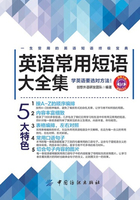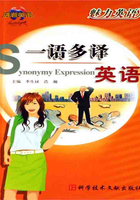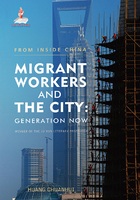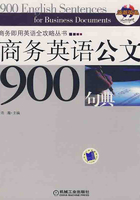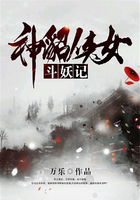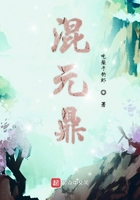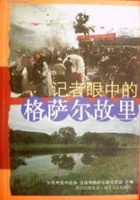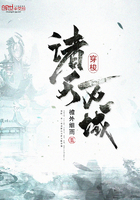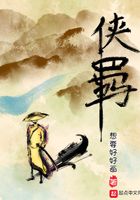Degui's father Yuhe also came back home for the Spring Festival. With 700 yuan in his pocket, Degui mustered up the courage to tell his father the truth. His father said that if he was really that determined to work in the cities, then he should go to Beijing. It was the capital city, there would be far more opportunities there to make money than there were in Tianjin. His father also told him that in Beijing a lot of migrant workers had already arrived from Hong'an. Like most migrant workers, they liked to stick together and most of them were living in or around an area called Jiaojiafen.
In spring of the following year, Degui and his companions went directly to Jiaojiafen. As expected, and as they could tell from their accents, there were a lot of people there from Hong'an. The three rented a house together for 100 yuan a month, and just like that they settled down in the capital.
Sure enough, it was easier to get work in Beijing than it was in Tianjin. At that time, the decorating and service industries were still developing, and the labor market was not well regulated. A migrant worker need only to stand on the roadside or at the entrance to the subway station with a sign reading "carpenter" , "bricklayer" , "painter and decorator" , "chef" , "housekeeper" … and they would be sure to find employment. The work would keep coming all year around.
I asked him, "Degui, during those years, what was it that made the strongest impression on you?"
Degui recalled, "Going to work every day was exhausting. People often say that migrant workers get up earlier than roosters, go to bed later than prostitutes, and work harder than donkeys. At that time, the government had not yet lifted its restrictions on the food market. We couldn't buy rice at the market, so all we ever ate were noodles. People in Beijing didn't eat lard, but regardless, we would still add a few spoonfuls of lard to our noodles and boiled cabbage… what else?… oh, yes, I was arrested a few times too…"
This was a surprise, "You've been arrested?"
"Sure!" Degui said lightly, "Roughly around 1993 and 1994, Beijing began to demand stricter control of migrant workers. My fellow villagers would often remind one another, and my father also called up repeatedly, warning that I had to be careful whenever I was touting on the street. One night, just as a friend and I were walking out of the subway station after work, two policemen stopped us and asked, 'Do you know that Clinton is coming to China?' Neither of us had a TV or read newspapers; how could we have known that President Clinton was coming to visit? I shook my head and said: 'No, we don't.' Then they asked, 'Show us your temporary residence permits.' Normally when I went out I would bring my permit with me, but of course that day I had forgotten it. As soon as they saw this, they shoved me into a police car without a moment's hesitation, saying, 'According to the rules, if you don't have a temporary residence permit, you should be sent back to your hometown under escort. But as you appear to be quite an honest man; just hand in a fine of 100 yuan and you can go.' I hurried to explain that I did have a permit; I just happened to have left it home. They then said, 'So I see you are not honest. We shall have to send you back home.' I had no choice but to hand over the 100 yuan they asked for."
"Did they give you a receipt?" I asked.
Degui smiled bitterly, "As if they would give me a receipt… but that was nothing compared to another horrible situation I found myself in. I remember it clearly. It was a Sunday before the National Day holiday in 1996. I had just left home and had barely got to the bus station when a police officer arrested me and sent me to the local police station. I hurriedly explained that I had a temporary residence permit. But when a policeman took my permit, he just tore it up without even looking at it. Angry, I cried, Why did you tear my permit up? He just ignored me and shoved me into the next room, where another several dozen people, both men and women, had been squeezed in. It was obvious that they were all migrant workers too. Towards evening, a truck came and drove us directly to a penitentiary in Changping District. It was past midnight when over 150 of us, most of whom were now in quite a confused state, were then driven to Beijng Railway Station, where we were told that we were to be sent back home under escort, and that when we got home, our relatives would have to pay a 500 yuan 'ransom' to get us back. I remember being taken home on a slow train that stopped at every station. It wasn't long after the train started that the Beijing police officers handed us over to policemen from Hebei. As soon as the Hebei police took over, they started 'peddling': those who could pay 500 yuan could get off straight away. Guess who got off the train first? You'll never get it…"
"Who got off first then?" I had given up.
"Bar girls."
"Ah—"
"They were rolling in it! As the train sped along, the policemen began to 'lower the price'. We were nearly at the next stop, 400 yuan this time. 400 yuan! For 400 yuan, is there anyone who wants to get off? This time a dozen people got off. Another stop. Again they cried: 300 yuan! Who wants to get off for 300 yuan? Another several dozen people got off. And so it went as they lowered the price at every stop. I had only 50 yuan on me at the time, and in the end I was one of only six people left on the train. The police officers, realizing that they weren't going to squeeze anything from us, told us to get off at the next stop. I don't remember which station it was, but I bought a ticket to Beijing for 18 yuan and was back by noon… I will never forget that experience!"
Around 1998, some of Zhang Degui's old friends who had all been carpenters or bricklayers in the past, began to open their own decorating companies. They rented rooms, installed telephones, and handed out flyers. The orders came in and some did really well.
Zhang Degui was a little envious, and thought, if they can do it, why can't I?


